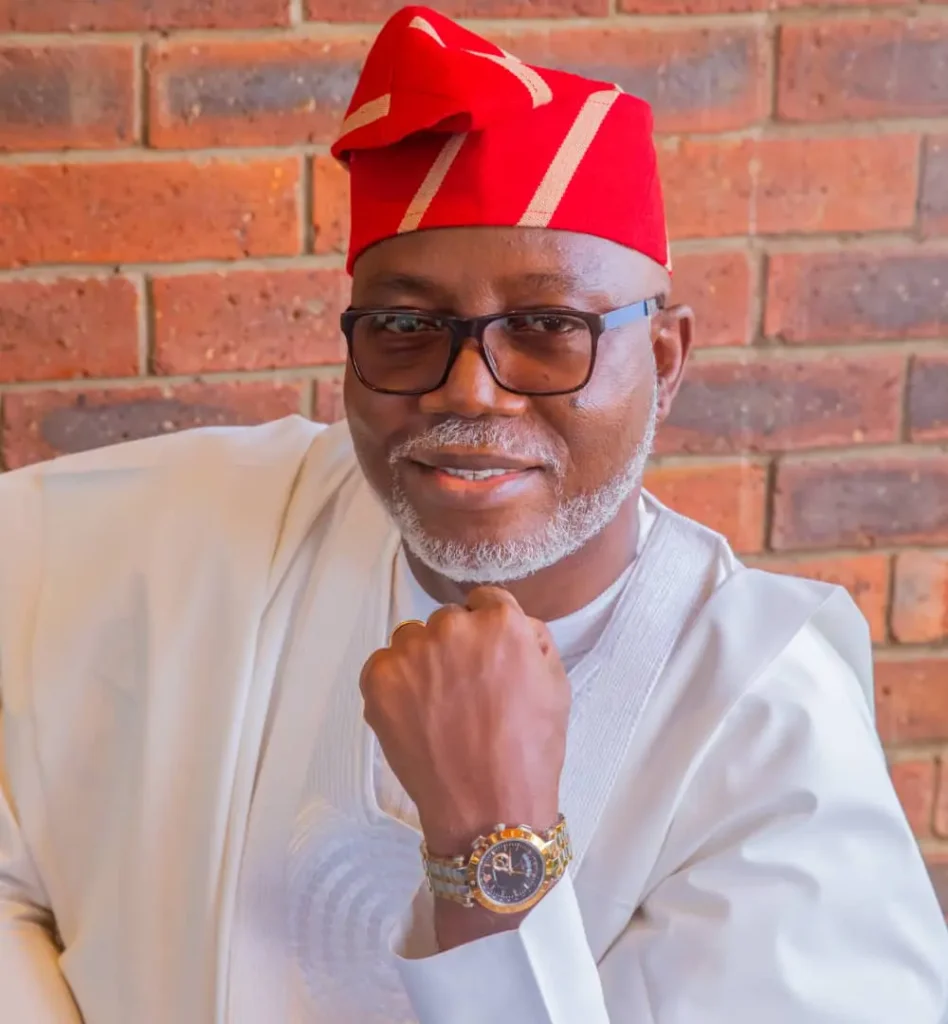In an effort to end child labor in the production of cocoa, Lutheran World Relief (LWR) has started the Child Labor Education and Resilience (CLEAR) project in the state of Ondo.
According to LWR, the goal of the one-year CLEAR project in the local government areas of Ifedore and Idanre, Ondo State, is to empower communities that have received little or no education about child labor, increase net income from cocoa farming and other sources, and provide life-building skills to the children of cocoa farmers.
Nene Akwetey-Kodjoe, chief of party at Lutheran World Relief, stated that the project was started by the Evangelical Lutheran Church in America in collaboration with the Ondo State Government, Cocoa Farmers Association of Nigeria (CFAN), Federal Ministry of Labour and Employment, and International Labour Organization (ILO) during the project’s launch in Akure, the capital of Ondo state.
Akwetey-Kodjoe states, “Our responsibility is to guarantee that children in these two particular communities, Ifedore and Idanre, are not engaged in child labor or that the number of instances of children working in dangerous conditions in the production of cocoa is minimized.
For the year, we have limited financing allocated to the prevention or reduction of child labor in dangerous jobs—not child assistance for parents. We have a broader initiative called TRACE in agriculture and cocoa ecosystems, but this one, CLEAR, is restricted to these two communities in Ondo State. Thus, we apply to the TRACE project all that we have learned from the CLEAR implementation.
In his message of goodwill, Adeola Adegoke, the president of the Cocoa Farmers Association of Nigeria (CFAN), asked all the nations that are the origin of cocoa to ensure that their products are free of child labor and deforestation.
He claims, “This kind of project brought forth by Lutheran World Relief is timely and will enhance other programs that I am aware the state government has been implementing.”
“We continue to struggle as a nation with forest products because cocoa is being turned down on the global market. For this reason, CFAN is eager to work with Lutheran World Relief to see that this project is successful because the sooner it is, the earlier our market will be free to flow.”
“Ondo State is passionate about cocoa, and we think that we should produce more of it in a high-quality, internationally compliant manner without using any child labor. CFAN is dedicated to ensuring the success of this project in the state’s Ifedore and Idanre local government regions.”
The Ondo State Ministry of Education, Science, and Technology’s Olalekan Adesida stated that the state government’s position is to ensure the project’s success within the state.
During her speech at the ceremony, Olanike Mogboruko, the controller for Ondo state in the Federal Ministry of Labour and Employment, urged all important players in the project to work together to meet the project’s goals in a short amount of time.
Mogboruko expressed optimism that child labor practices among cocoa producers in the chosen villages will be minimized to the lowest possible level. In the ministry’s ongoing effort to combat child labor in the state of Ondo, we are ready to work together and mobilize the greatest labor resources.
The governor of Ondo state took it upon itself to remove the children who could not find a place at the farms and begged for money on the streets. Some of these children are currently in government-sponsored schools, while others are in higher education institutions. Governor Lucky Aiyedatiwa, who spearheaded the CLEAR project, stated: “The state government cares about the children as a whole.”
The National Council for Women Society President, Oluseyi Odusola, spoke on behalf of Aiyedatiwa, who stated, “We are here to fight against child labor, which is why we are appreciating the Lutheran World Relief for organizing this kind of program in Ondo state.”
During the presentation of the Child Labour Education and Resilience project, Olawale Awoyemi, the deputy chief of Lutheran World Relief, stated that although there are strong policy frameworks and initiatives aimed at ending child labor, implementation and coordination remain difficult due to insufficient funding and a lack of capacity within relevant government departments and committees.
According to Awoyemi, the goals of the CLEAR project were to raise awareness among educators, parents, and community leaders regarding the detrimental effects of child labor, to enhance the socioeconomic standing and fortitude of parents, and to promote entrepreneurship by means of school-based vocational clubs.
As to his statement, the project’s operations encompass entrepreneurship clubs, capacity building, and sensitization.


